Introduction
Hard money lending, a unique financing method, has gained prominence in the real estate and investment worlds. Unlike traditional loans, hard money lending offers distinct advantages and disadvantages. In this article, we’ll delve into the intricacies of hard money lending, shedding light on both its pros and cons.
What is Hard Money Lending?
Before we explore its advantages and disadvantages, let’s clarify what hard money lending is. Hard money loans are short-term, asset-based loans that use real estate as collateral. Typically, these loans are provided by private investors or companies rather than traditional financial institutions.
Advantages of Hard Money Lending
Quick Funding
Hard money loans are renowned for their swift approval and funding processes. Traditional loans can take weeks or even months to secure, but with hard money lending, you can often get the funds you need within days. This speed can be a game-changer in competitive real estate markets.
Flexible Terms
Unlike conventional mortgages, hard money loans offer more flexibility in terms. Borrowers can negotiate repayment schedules and interest rates, allowing for tailored financing solutions that meet their specific needs.
Accessibility
Hard money loans are accessible to borrowers with poor credit or limited financial history. The loan approval primarily depends on the value of the collateral, making it easier for those who might not qualify for traditional loans to secure financing.
Ideal for Real Estate Investments
Real estate investors often turn to hard money lending for their property acquisitions. It’s a suitable option when time is of the essence, such as in fix-and-flip projects.
Asset-Based Lending
Hard money loans are asset-based, meaning the property itself secures the loan. This can result in higher approval rates and larger loan amounts compared to income-based traditional loans.
Investment Opportunities
Hard money loans can open doors to profitable investment opportunities that may not be feasible with traditional financing. Real estate developers can leverage these loans to quickly acquire properties at favorable prices.
Disadvantages of Hard Money Lending
Higher Interest Rates
One of the most significant drawbacks of hard money lending is the higher interest rates. Interest rates for hard money loans are substantially higher than those for traditional mortgages. Borrowers need to carefully weigh the cost of financing against the potential returns on their investments.
Higher Interest Rates
One of the most significant drawbacks of hard money lending is the higher interest rates. Interest rates for hard money loans are substantially higher than those for traditional mortgages. Borrowers need to carefully weigh the cost of financing against the potential returns on their investments.
Short Loan Terms
Hard money loans come with relatively short terms, typically ranging from six months to a few years. This can be a disadvantage if you require long-term financing for your project.
Risk of Collateral Loss
Since hard money loans are collateral-based, if you fail to repay, you risk losing your property. This makes it essential to have a well-thought-out exit strategy before opting for hard money financing.
Limited Regulations
Compared to traditional lenders, hard money lenders are subject to fewer regulations. While this can result in more flexible terms, it also means less legal protection for borrowers.
Not Ideal for Homebuyers
If you’re looking to purchase your dream home and intend to live in it, hard money lending may not be the best choice. The high interest rates and short terms are better suited for investors and businesses.
Due Diligence Required
Borrowers need to conduct thorough research before choosing a hard money lender. Not all lenders are reputable, and due diligence is crucial to avoid potential scams.
FAQs
Q: How do hard money loans differ from traditional mortgages?
A: Hard money loans are short-term, asset-based loans provided by private investors or companies, while traditional mortgages are typically long-term loans offered by banks or credit unions.
Q: What types of properties can be used as collateral for hard money loans?
A: Most hard money lenders accept residential and commercial real estate, including single-family homes, apartment buildings, and office spaces, as collateral.
Q: Can anyone apply for a hard money loan?
A: While hard money loans are accessible to borrowers with poor credit, lenders still evaluate the value of the collateral and the borrower’s ability to repay.
Q: Are hard money loans suitable for first-time real estate investors?
A: Hard money loans are often used by experienced real estate investors due to their higher interest rates and shorter terms. First-time investors may find traditional mortgages more suitable.
Q: How can I protect myself when considering a hard money lender?
A: It’s essential to research and vet potential lenders thoroughly. Check their reputation, read reviews, and ensure all terms are clearly defined in the loan agreement.
Q: What happens if I can’t repay a hard money loan?
A: If you fail to repay a hard money loan, the lender can take possession of the collateral property. Having a well-thought-out exit strategy is crucial to mitigate this risk.
Conclusion
In the world of real estate and investments, hard money lending presents both opportunities and challenges. By understanding the advantages and disadvantages, you can make informed decisions about whether hard money lending is the right choice for your financing needs. Remember, each situation is unique, so weigh your options carefully before taking the leap.


